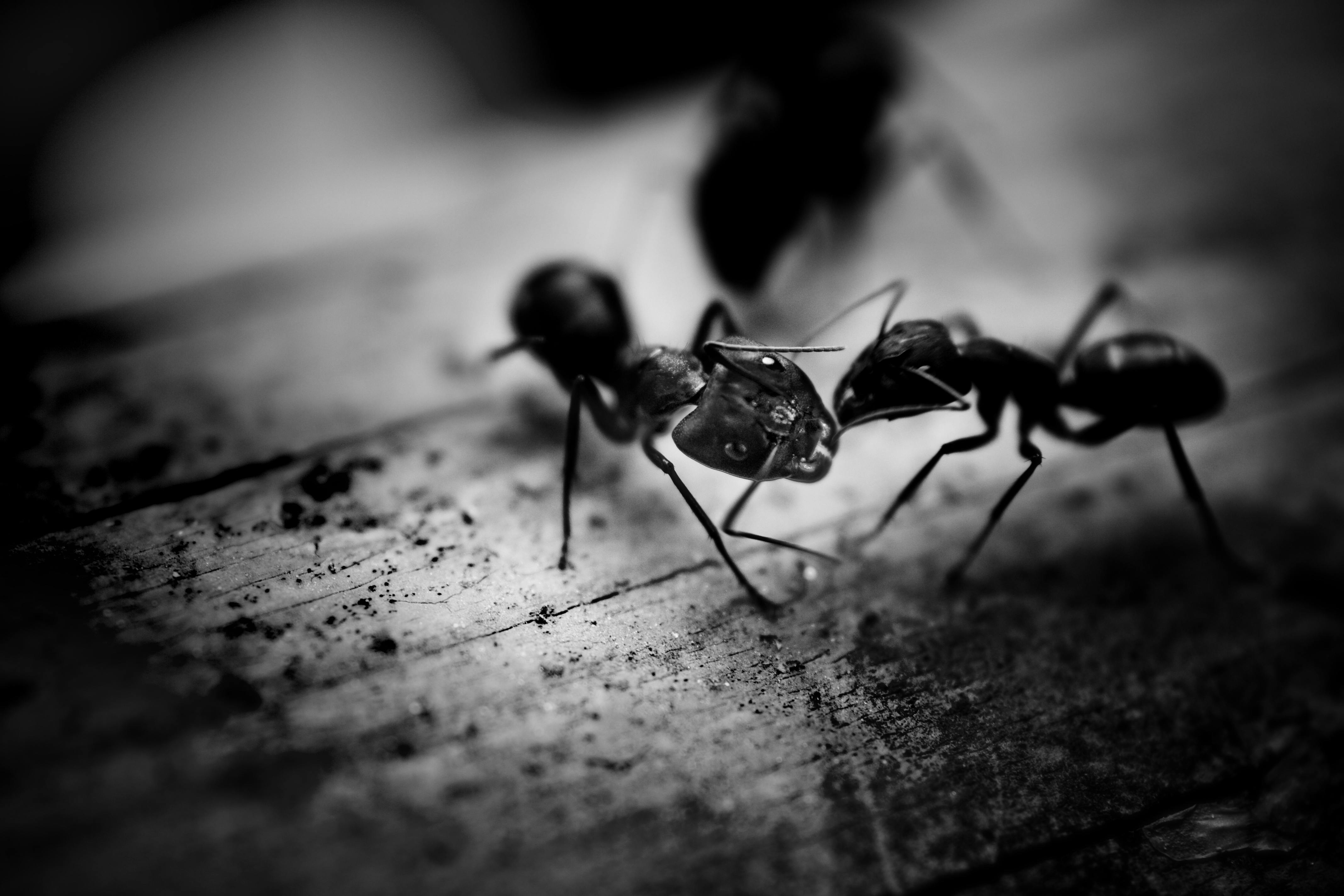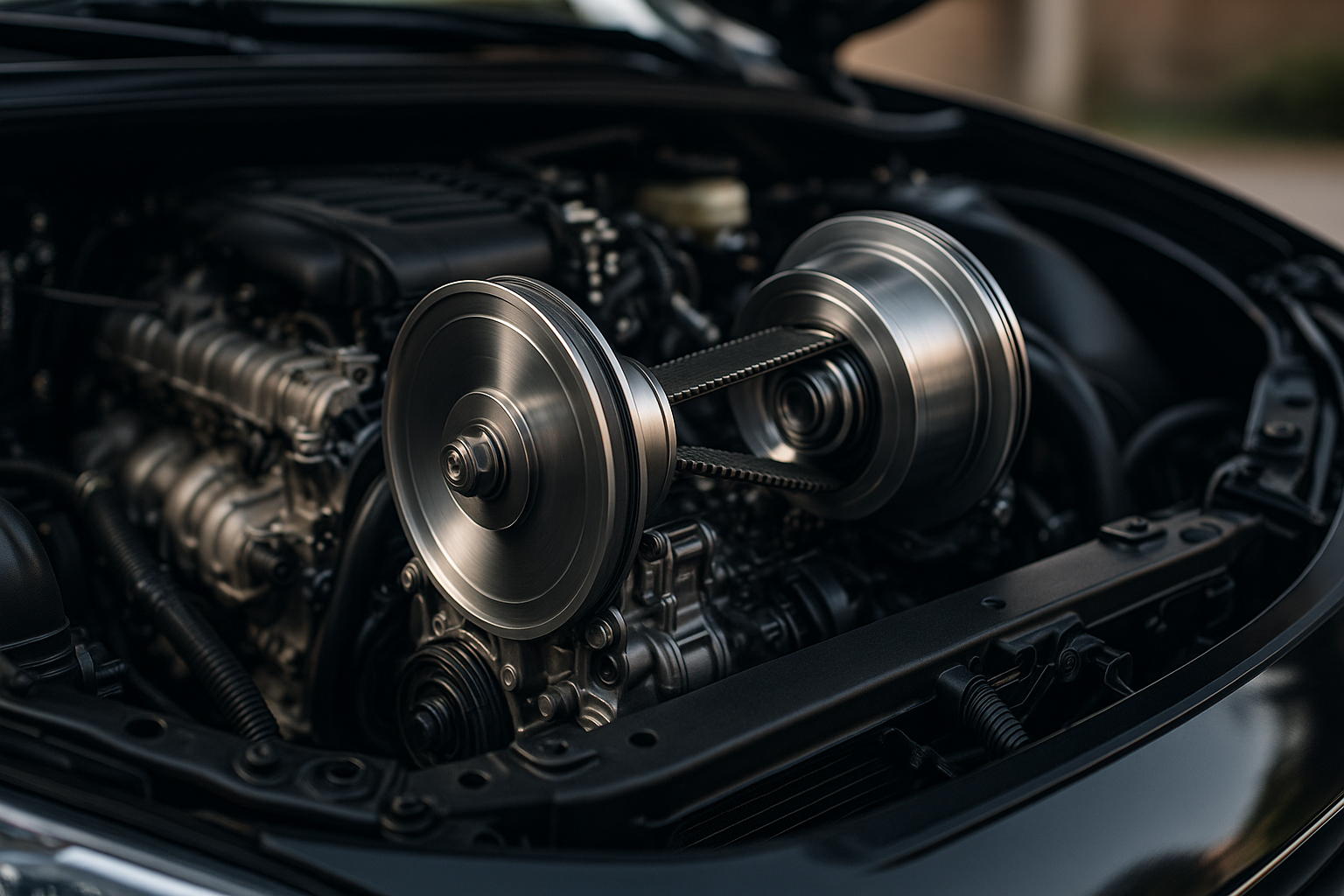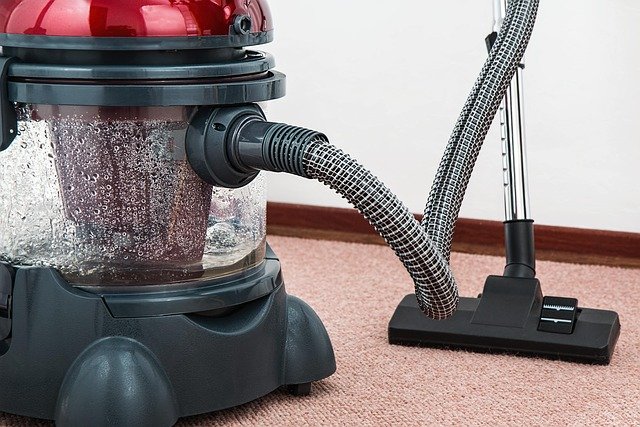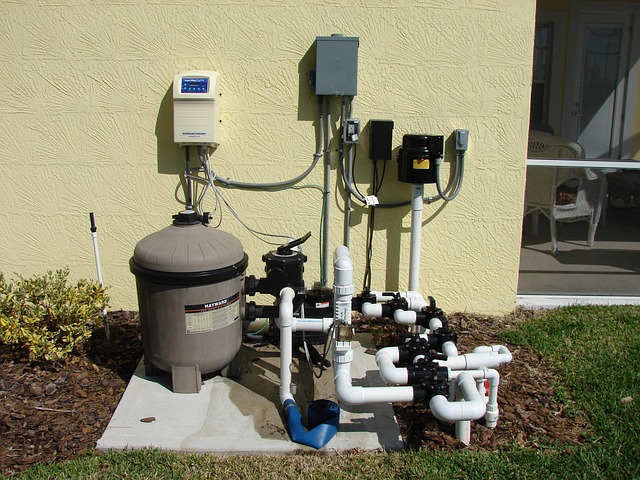The Fascinating World of Insect Farming: A Sustainable Food Source for Pets
In a world constantly seeking sustainable solutions, the practice of insect farming has emerged as a viable and eco-friendly alternative within the pet food industry. Offering a fresh perspective, this article delves into the fascinating world of insect farming, its historical context, current developments, and its potential as a sustainable food source for pets.

The History of Insect Farming
Insect farming, also known as entomoculture, is not a new concept. For centuries, various cultures around the globe have used insects as a food source for both humans and animals. However, it’s only in recent years that the practice has gained momentum in the pet food industry, primarily due to increasing concerns about sustainability and environmental impact.
The Current State of Insect Farming
Today, insect farming is a rapidly growing industry, with several companies worldwide specializing in the cultivation of insects for pet food. One of the key drivers behind this trend is the rising awareness about the environmental footprint of traditional pet food manufacturing processes. Studies have shown that insect farming emits far fewer greenhouse gases and requires less water and land compared to conventional livestock farming.
The Role of Insect Farming in the Pet Food Industry
Insect farming plays a crucial role in the pet food industry as it provides a sustainable and nutritious alternative to traditional pet food ingredients. Insects like crickets, mealworms, and black soldier flies are rich in protein, fats, and essential minerals, making them an excellent food source for pets such as reptiles, fish, and birds. Moreover, insects are easier to digest for many pets, reducing the risk of gastrointestinal problems.
The market for insect-based pet food is expected to grow significantly in the coming years. Although exact figures are hard to pin down, industry experts predict a substantial increase in the demand for such products, especially among eco-conscious pet owners.
The Future of Insect Farming
The future of insect farming looks promising. With advances in farming techniques and increasing acceptance among consumers, the industry is poised for growth. However, like any other industry, it faces challenges that need to be addressed. Regulations surrounding insect farming vary widely across countries, and there’s a need for standardized guidelines and practices to ensure the safety and quality of insect-based pet food.
As we move towards a more sustainable future, it’s clear that insect farming will play a pivotal role in the pet food industry. Not only does it provide a solution to environmental concerns, but it also offers a nutritious and digestible food source for pets. For pet owners seeking eco-friendly options, insect-based pet food could be the perfect choice.
In conclusion, insect farming is a fascinating subject that offers a unique perspective on sustainable practices within the pet food industry. As we continue to explore and adopt eco-friendly alternatives, it’s exciting to see how this industry will evolve and shape the future of pet care.






